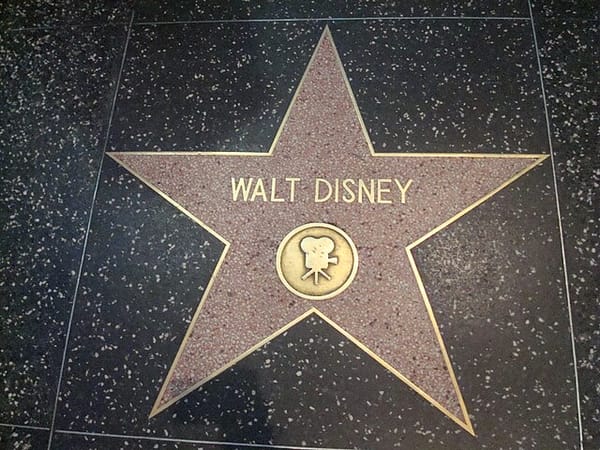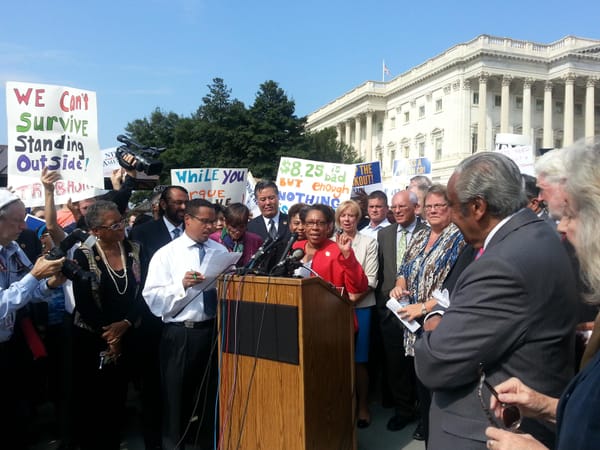Why am I here, defending liberalism?

The origin of this blog is, if we’re being perfectly honest, to put to ‘paper’ my stream of thoughts and analysis (the quality of which is up to you, dear reader, to judge) about the past, present, and future, from an unapologetically liberal lens, especially as we approach another series of turning point elections for liberalism in the world.
The reason for such a lens might strike people as unclear - after all, aren’t we living in a liberal media environment? Isn’t everything we see through a liberal lens?
This is, I believe, a misconception. Even those who describe themselves as ‘liberal’ tend to in fact be going along mostly with a progressive zeitgeist, and really for most people small-c conservatism is the order of the day (though this might mean taking a progressive position, if that road is well enough worn). Rarely are actual liberal principles advanced as reasons for policies or cultural positions - gay marriage should be legal because gay people are ‘born that way’, cannabis should be legal because it is ‘less dangerous than alcohol’. These are both decent reasons, of course, but they rest on the assumption that government has the right to make these kind of calls in people’s lives until proven otherwise - as opposed to a truly liberal view that people’s lives are in fact their own and the burden is on the government to prove interference is necessary. Perhaps most strikingly, neither major parties at present holds that the liberal conception of freedom of movement has no place in a modern nation state - leaving a debate that revolves around numbers and tactics rather than questions of actual freedom. And the situation is even worse in much of the rest of the developed world.
Moreover, because liberalism is assumed to be the dominant tide of the times, little attention is paid to the actual intellectual tradition of liberalism. On the left there is extensive citation of Marx’s theories, even 150 years later - far outpacing conscious citations of Mill or Locke. And even liberal theorists like Adam Smith who are perhaps more present in the collective conscious are so woefully misunderstood it’d almost be better if they were not. And I would argue that none of these three men deliver the most incisive liberal critiques. Instead, others - Thomas Paine, Mary Wollstonecraft, Frederick Douglass, and Henry George, to name a few - show the depth and richness of a liberal tradition and continue to provide sound foundations for today. It will be my goal to show how these critiques of hierarchy and defenses of liberty continue to remain relevant today.
This task gains much urgency, to my mind, on account of the growing prominence of openly and self-consciously illiberal forces, domestically and globally. A reactionary system of illiberal thought is gaining prominence in many corners of the world. While it may be in many cases funded from Moscow, this reactionary point of view - one which seeks to re-impose a hierarchy of gender, religion, and ethnicity on societies that are striving to move beyond them, and one which denies the fundamental liberty of the individual - springs naturally in reaction to liberal progress in every society. Now as in the heyday of classical liberalism both repressive states and privileged individuals and factions stand opposed to concepts of liberty and equality, and the struggle takes place in various fora - battlefields of Ukraine, courtrooms in Brazil, polling stations in the United States, and within households, workplaces, and places of worship the world over.
To meet this challenge, liberalism must be more than a compromise on an artificial spectrum of ‘left’ and ‘right’ and act - strategically and with partners as necessary - in defense of its own goal: liberty, broadly defined. Doing so will require revitalizing liberalism as a theory put into action. Hopefully my writing here will contribute something to that.



